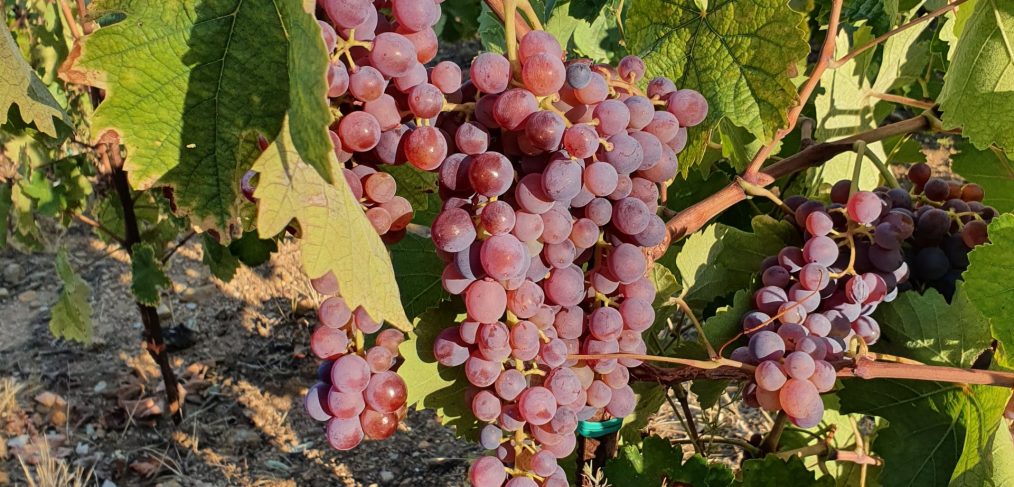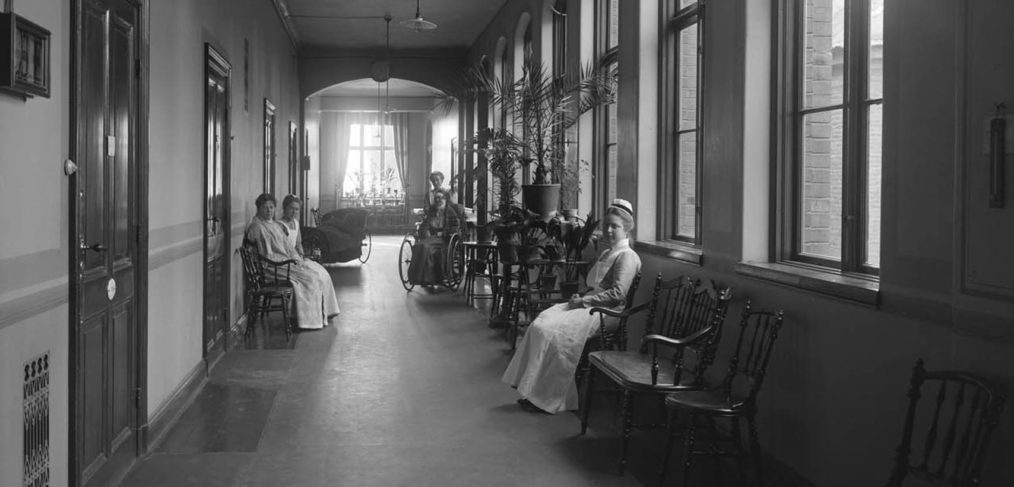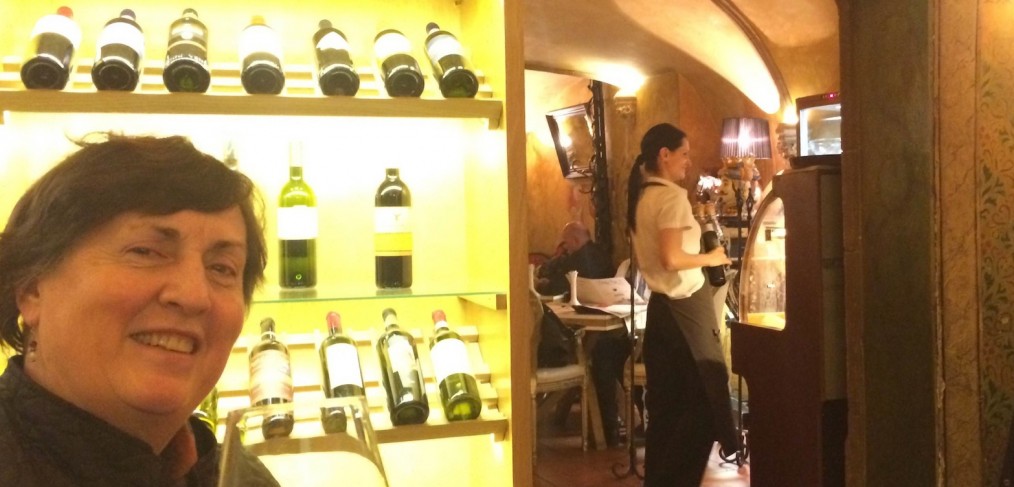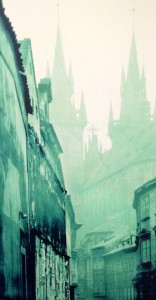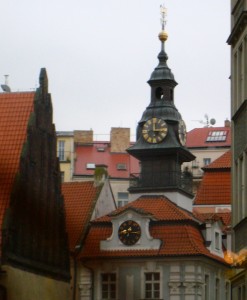As winter Covid cases surge, why not escape with me to a grape harvest in sunny Crete, home to Zeus, Aphrodite and the angels who share in every barrel of fermenting wine?
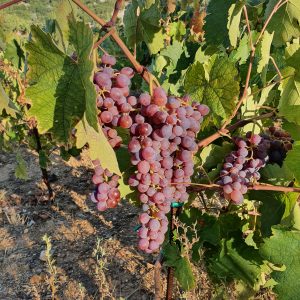
Earth, sky, rocks and sea fill my creative reserves when I am in Crete. Often, when the moon is laying its silvery path across a silent Lybian Sea at 4:30 am the Muses whip me. Now, holed up in white, disease-heavy Canada, I am working on The Angel’s Share, my new heist novel about sex and love, grapes and wine, and a $2 million bottle of cognac. Did the angels send me Anna Maria Kambourakis, a wonderful sommelier, owner of Chania Wine Tours, and writer of unravelingwine.com? She and her husband Vasilis Kokologiannakis came into my life last year when I was researching The Angel’s Share. Now Anna Maria has sent me this description and pictures of her family’s wine harvest in October. Reading it will lift your spirits, I promise!
On October 1st we harvested our Romeiko vineyards here in Crete, 75 years after Vasili’s grandfather planted the vines in 1945. The vineyards were the Kokologiannakis family’s main source for wine until 1973
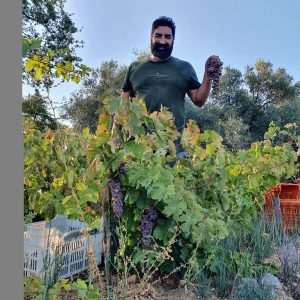 when Vasili’s father left for the United States. With no one left behind to care for the vineyards, the vines grew out of control. When Vasili arrived in Crete in 2013, the vines were unmanageable and were desperate for care. Vasili revitalized the vineyards by pruning and creating support systems for vines that had fallen over.
when Vasili’s father left for the United States. With no one left behind to care for the vineyards, the vines grew out of control. When Vasili arrived in Crete in 2013, the vines were unmanageable and were desperate for care. Vasili revitalized the vineyards by pruning and creating support systems for vines that had fallen over.
This growing season was quite difficult. Hornets were eating all the grapes! Vasili set up traps around the vineyard in hopes of saving the crop. There were thousands and thousands of hornets in the traps every time he replaced them. We operate Chania Wine Tours but this year, thanks to the pandemic, the tourism season came to a standstill. The silver lining to this was that Vasili had the time to properly care for his vineyards.
Harvesting in Crete is a family affair. Close friends and relatives are invited to participate. We borrowed baskets from our neighbor, Antonis, and borrowed the crusher/destemmer from our son’s godfather, Nikos. Wine equipment is expensive and everyone borrows what they need from other people in the village.
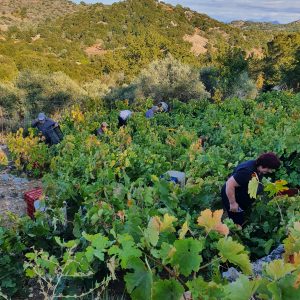
Everyone grabbed their shears and headed up the hill behind the family home to the small vineyard of Romeiko. The grapes were perfect! Very few bunches had been eaten by the hornets. Because of the care Vasili gave the vineyard by pruning and stabilizing the vines correctly, the grapes were easily accessible and easy to harvest.
Romeiko is the most widely planted grape of western Crete. It is a red grape though many of the bunches never turn purple. Farmers need to be careful that the grapes don’t get too ripe because Romeiko can get quite high in alcohol. Our grapes were harvested at 14% potential alcohol. Harvesting the small vineyard took less than an hour with all the great helpers we had. We brought in over one ton of grapes!!! That’s enough to make 2 barrels of wine.
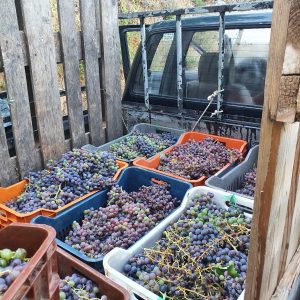
The truck was filled with all the baskets of grapes and brought down to the garage for crushing and destemming. Our friend, Bobby, emptied the baskets into the machine. Crushing the grapes releases the sweet juice from the inside of the grape to begin fermentation in the plastic bin below. The destemmer is supposed to remove the stems but the machine we borrowed is quite old and did a pretty bad job of it. That’s okay with Romeiko because the stems add a bit of t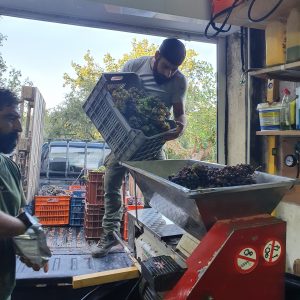 annin to the wine for much needed structure and ageing ability.
annin to the wine for much needed structure and ageing ability.
Back at the house, Vasili’s mom and I were busy cooking up a feast for everyone who came to help. (Masks are not necessary outdoors here because Crete’s Covid numbers are very low.) We served lamb with rice, salads, stuffed zucchini flowers, tzatziki, green beans, and handcut french fries for the kids. Vasili’s father was grilling pork chops and chicken wings on the barbeque all night. Of course, pitchers and pitchers of last years’ wine was served to our wonderful guests. Drinking and eating lasted throughout the night.
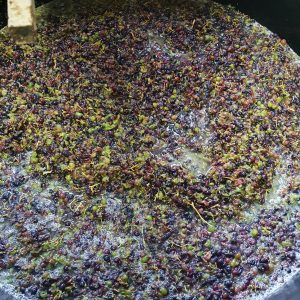 Vasili heads up to the village every other day to check on the status of this year’s wine. It is bubbling along and will complete the fermentation process in the next couple of days. Vasili is thrilled with the results so far. 2020 is one of the best vintages yet for us!
Vasili heads up to the village every other day to check on the status of this year’s wine. It is bubbling along and will complete the fermentation process in the next couple of days. Vasili is thrilled with the results so far. 2020 is one of the best vintages yet for us!
After the first 5 days the wine was pressed away from the skins and put into barrels to continue fermentation. The wine will stay in the barrels until spring when it will be transferred to another barrel to separate it from the sediment that will fall to the bottom. It’ll stay in that new barrel until we drink it all! The skins are not wasted. They’ll be used in the next few weeks to make raki. Raki is the famous Cretan moonshine. The moonshine party is another great feast!
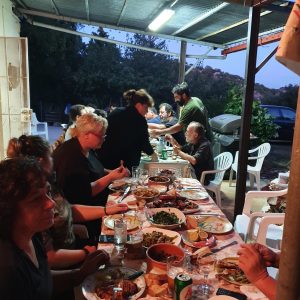 Thank you, Anna Maria!
Thank you, Anna Maria!
By the way, Anna Maria and Vasili are adventurers worthy of their own blog story. Read more about them here.

